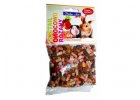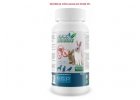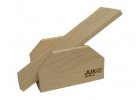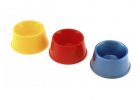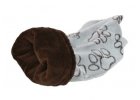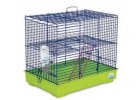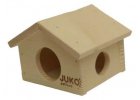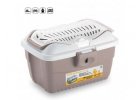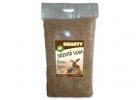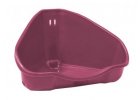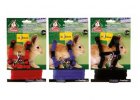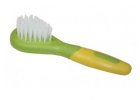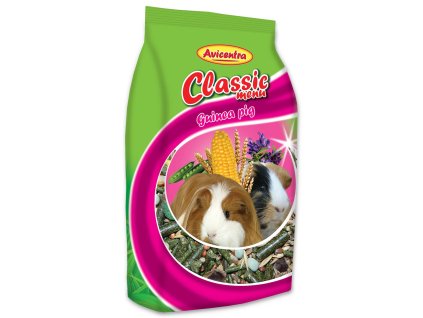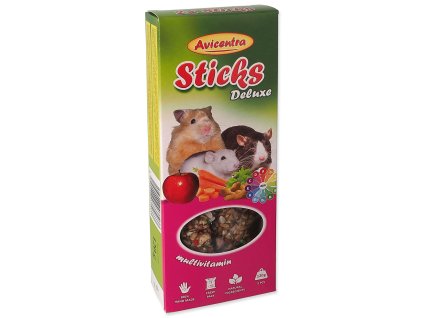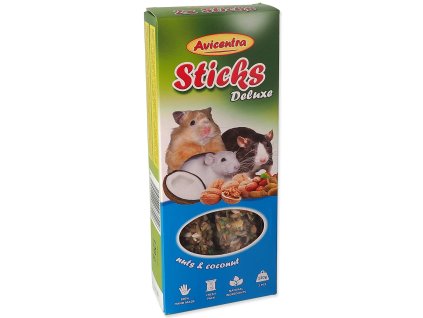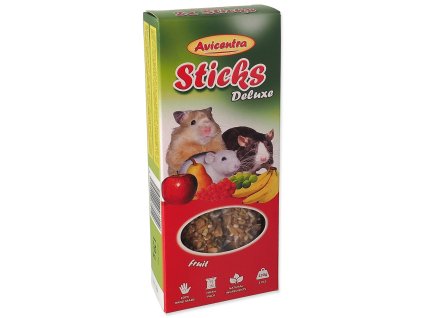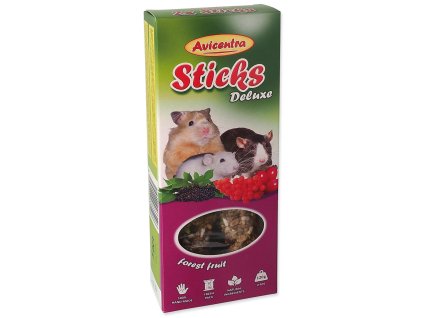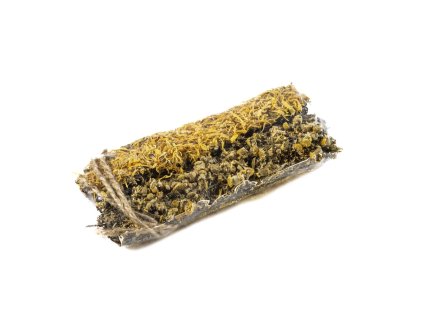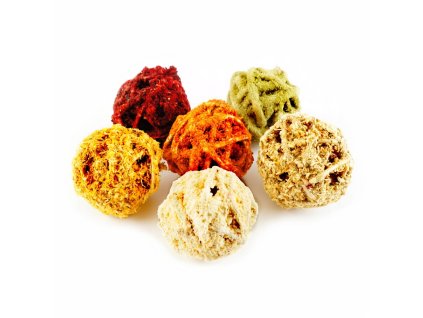Feed and breeding supplies for rodents
Feeds and pet supplies for rodents are a key element in ensuring the health and well-being of these small pets.
Product sorting
List of products
Here is a description of several types of food and supplies for rodents:
Granules and mixtures: High-quality granules and mixtures are the basis of a rodent diet. They contain the necessary nutrients, vitamins and minerals for proper growth and development. There are specific types of granules for individual rodent species, such as rats, guinea pigs, rabbits or hamsters.
Fresh fruits and vegetables: Foods also include fresh fruits and vegetables, which are rich in vitamins and fiber. These include apples, carrots, broccoli and leafy greens. It is important to consider the right types of food that are suitable for a particular rodent.
Hay: Hay is an essential part of the diet of rodents, especially rabbits and guinea pigs. It provides fiber, supports proper digestive function and helps keep teeth healthy.
Snacks and treats: Snacks and treats can be used as a reward or a means of strengthening the bond between you and your rodent. Make sure they are healthy and suitable for the specific type of animal.
Food bowls and waterers: Food bowls and waterers should be sturdy, stable and easy to clean. For some rodent species, you can choose special types of waterers that minimize the risk of contamination.
Toys and equipment: Rodents need toys and equipment that stimulate their minds and physical activity. This can include climbing frames, tunnels, seesaws, and various types of chew toys.
Nests and hiding places: Rodents need hiding places and nests where they will feel safe and comfortable. These can be houses, beds, or tunnels, for example.
Rodent care includes not only the right diet, but also the right environment and equipment for their life. When choosing food and breeding supplies, it is important to consider the specific needs and preferences of individual rodent species to ensure their optimal well-being and health.

